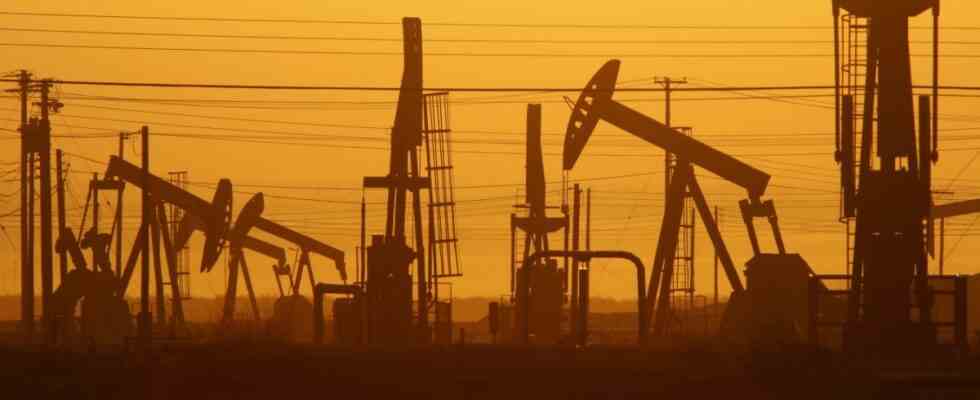The other day I went hiking with an old friend who is a teacher. We were panting uphill when we got to the pictures from Ukraine. He wonders how he can still remind students in geography class to use energy sparingly when rows and rows of fuel depots are rising in black smoke. “How are you supposed to talk to schoolchildren about plastic in the sea when entire warships are sinking in the Black Sea?” he asked. I didn’t know the answer. At most, there will be a time after the war when all the other problems will overtake us again.
I don’t want to spoil your weekend, but I’m afraid you’ll hit us with full force. Because for the climate and the environment, a catastrophe within a catastrophe is looming.
Of course, climate protection is also one of the answers to Putin’s war. Especially in gas-dependent Germany, the expansion of renewables is now getting a boost. At filling stations, the price of fuel has reached a level that would not have been possible politically, i.e. via a CO₂ price, in ten years. And in view of the high gas prices, the incentive to track down the last methane leak worldwide where the gas escapes unused into the atmosphere is growing. The climate is happy because methane, the main component of natural gas, is a greenhouse gas that is particularly harmful to the climate.
That’s the page.
Unfortunately, the other one is worse. Example coal: At the climate summit in Glasgow, the states had agreed to gradually push back coal. But now energy is scarce and expensive – and the comparatively cheap coal is experiencing a comeback in many places, especially in China. Nobody is talking about Glasgow’s plan to reduce fossil fuel subsidies any more. Instead, even in Germany, the state is waiving fuel taxes in order to make petrol and diesel cheaper. And whether the next climate conference in November will still attract a great deal of interest will probably also be decided on the battlefields of Ukraine.
Moreover, since this week it has become more likely that the flow of gas from Russia will dry up completely – Poland and Bulgaria have already sent this message to Gazprom. I must admit that I myself initially felt that sanctions should not stop at natural gas. If you want to wage war with the means of the economy, you shouldn’t stop there of all places, where most of the money flows into Putin’s empire, out of mere consideration for cuts in your own country. And morally, this position is indeed difficult to maintain.
The consequences, far beyond Germany, could hardly be foreseen. In fact, this would mean that Russian natural gas would be completely withdrawn from the world market. If it no longer flows west through the pipelines, then it will not find another buyer. The result would be a further, rapid increase in natural gas prices. And that would not only bring coal back into play – many new fracking projects, even in the most remote regions, would suddenly become profitable. The first holes are already being drilled. And once the gas is tapped, with a great deal of effort, it flows – even after the war is long over. It would be new fossil investments that set climate protection back many years.
Not a good prospect, I know, as is so often the case when it comes to this war. But such collateral damage would probably not be wrong for Vladimir Putin, after all, climate protection undermined Russia’s most important business model, the export of fossil fuels. And that would be the more appropriate answer for the warmonger in the Kremlin: Now more than ever!
With this in mind: Let’s not get discouraged.
(This text is from the weekly Newsletter climate friday you here for free can order.)

